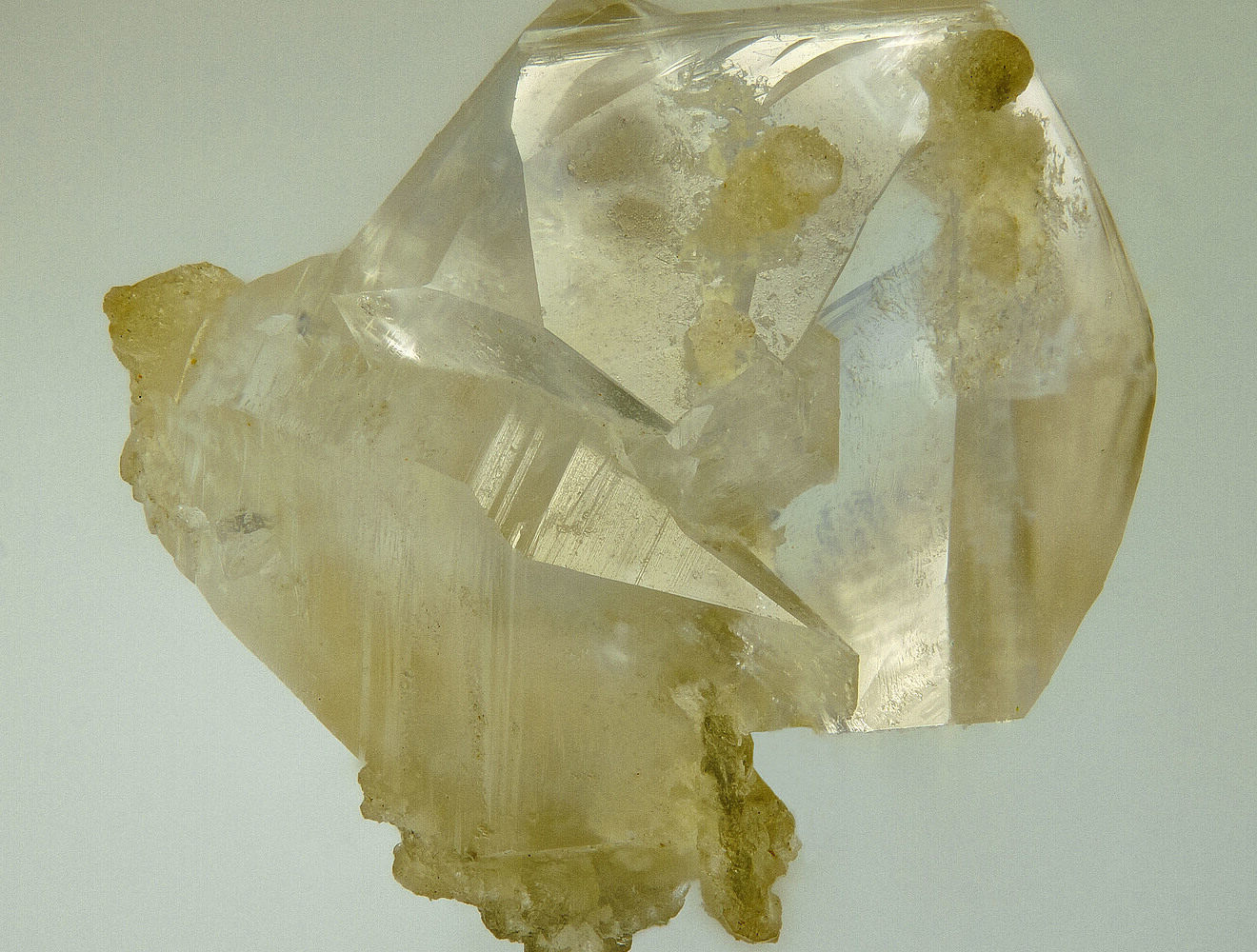
What makes people truly happy? Happiness isn't just about having a good day; it's a deeper feeling that comes from various aspects of life. From spending time with loved ones to achieving personal goals, happiness can be found in many places. Studies show that gratitude and kindness boost happiness levels. Even simple acts like smiling or helping others can make a big difference. Did you know that exercise releases endorphins, which are natural mood lifters? Also, having a sense of purpose and strong social connections are key ingredients for a joyful life. Let's dive into 28 fascinating facts about happiness that might just brighten your day!
Key Takeaways:
- 1. Happiness is influenced by genetics, money, and social connections. Acts of kindness, exercise, and gratitude can boost happiness. Small habits like smiling and spending time with loved ones can make a big difference.
- 2. Different cultures have unique perspectives on happiness. Incorporating nature, mindfulness, and setting achievable goals can improve happiness and overall well-being.
What is Happiness?
Happiness is a state of well-being and contentment. It’s a feeling everyone seeks but can be elusive. Here are some fascinating facts about happiness that might surprise you.
-
Happiness is Partly Genetic: About 50% of your happiness level is determined by genetics. This means some people are naturally more inclined to be happy.
-
Money Can Buy Happiness: Up to a certain point, money does contribute to happiness. Studies show that earning up to $75,000 a year can increase happiness, but beyond that, the effect plateaus.
-
Acts of Kindness Boost Happiness: Helping others can make you happier. Acts of kindness release endorphins, the brain's natural painkillers.
-
Exercise Improves Mood: Physical activity releases endorphins, which can improve mood and reduce stress. Even a short walk can make a difference.
-
Social Connections are Key: Strong relationships with friends and family are crucial for happiness. Loneliness can lead to depression and anxiety.
The Science Behind Happiness
Understanding the science behind happiness can help you make choices that improve your well-being. Here are some scientific insights into what makes us happy.
-
Dopamine and Serotonin: These neurotransmitters play a significant role in happiness. Dopamine is linked to pleasure and reward, while serotonin helps regulate mood.
-
Gratitude Changes the Brain: Practicing gratitude can rewire your brain to be more positive. Keeping a gratitude journal can increase long-term happiness.
-
Sleep Affects Happiness: Quality sleep is essential for emotional regulation. Lack of sleep can lead to irritability and decreased happiness.
-
Mindfulness and Meditation: These practices can increase happiness by reducing stress and improving emotional health. They help you stay present and appreciate the moment.
-
Nature Boosts Mood: Spending time in nature can improve mood and reduce stress. Even looking at pictures of nature can have a calming effect.
Cultural Perspectives on Happiness
Different cultures have unique views on what constitutes happiness. These perspectives can offer new ways to think about your own happiness.
-
Hygge in Denmark: This Danish concept involves creating a cozy, comfortable atmosphere and enjoying the simple pleasures of life.
-
Ikigai in Japan: This Japanese idea means "reason for being" and involves finding purpose and meaning in life.
-
Ubuntu in Africa: This philosophy emphasizes community, sharing, and mutual caring for all. It’s about finding happiness through connections with others.
-
Lagom in Sweden: This Swedish term means "just the right amount" and is about finding balance and contentment in life.
-
Sisu in Finland: This Finnish concept involves resilience and determination, which can lead to a sense of accomplishment and happiness.
Happiness and Health
Happiness and health are closely linked. Being happy can improve your physical health, and being healthy can make you happier.
-
Happiness Boosts Immune System: Positive emotions can strengthen your immune system, making you less susceptible to illness.
-
Lower Blood Pressure: Happy people tend to have lower blood pressure, reducing the risk of heart disease.
-
Pain Tolerance: Happiness can increase your pain tolerance. Positive emotions release endorphins, which act as natural painkillers.
-
Longer Life: Happy people tend to live longer. Studies show that positive emotions can add years to your life.
-
Better Heart Health: Happiness is linked to better cardiovascular health. Positive emotions can reduce stress and inflammation, which are risk factors for heart disease.
Happiness in Daily Life
Incorporating small habits into your daily routine can significantly boost your happiness. Here are some practical tips.
-
Smile More: Smiling can trick your brain into feeling happier. It releases endorphins and serotonin, even if the smile is forced.
-
Practice Gratitude: Take a moment each day to reflect on what you’re grateful for. This simple practice can shift your focus from negative to positive.
-
Set Goals: Having clear, achievable goals can give you a sense of purpose and direction, which can increase happiness.
-
Limit Social Media: Excessive use of social media can lead to feelings of inadequacy and loneliness. Limiting screen time can improve your mood.
-
Spend Time with Loved Ones: Quality time with friends and family can boost your happiness. Strong social connections are essential for well-being.
Fun Facts About Happiness
Here are some quirky and fun facts about happiness that you might not know.
-
Laughter is Contagious: Hearing someone laugh can trigger your brain to join in, making you feel happier.
-
Pets Make Us Happy: Owning a pet can reduce stress and increase happiness. Pets provide companionship and unconditional love.
-
Music Lifts Mood: Listening to your favorite music can instantly boost your mood. Music has a powerful effect on the brain and emotions.
Happiness in a Nutshell
Happiness isn't just a fleeting emotion; it's a state of being that can be cultivated. From practicing gratitude to spending time with loved ones, small actions can make a big difference. Science shows that happiness can boost your immune system, improve relationships, and even extend your life. Remember, it's not about having everything but appreciating what you have. Surround yourself with positive influences, take care of your body, and don't forget to laugh. Happiness is a journey, not a destination. Keep exploring what makes you happy and incorporate those things into your daily life. By focusing on the good, you'll find that happiness becomes a natural part of your routine. So, go ahead, smile more, stress less, and enjoy the little moments. Happiness is within your reach, and it's worth the effort.
Frequently Asked Questions
Was this page helpful?
Our commitment to delivering trustworthy and engaging content is at the heart of what we do. Each fact on our site is contributed by real users like you, bringing a wealth of diverse insights and information. To ensure the highest standards of accuracy and reliability, our dedicated editors meticulously review each submission. This process guarantees that the facts we share are not only fascinating but also credible. Trust in our commitment to quality and authenticity as you explore and learn with us.


